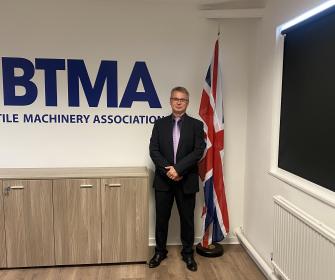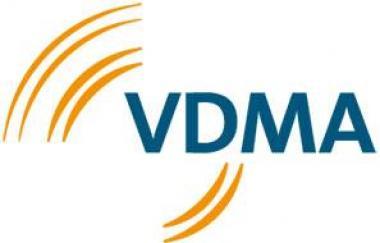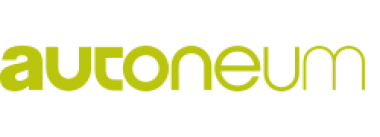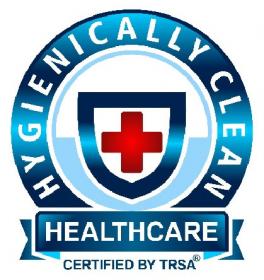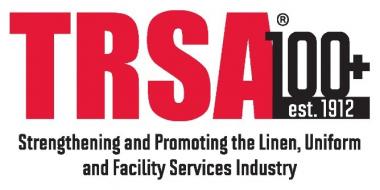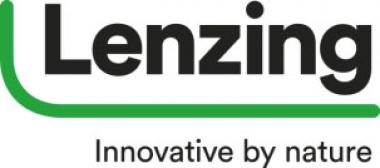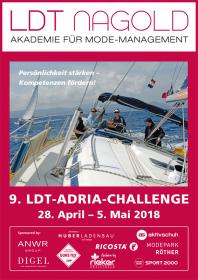New CEO at British Textile Machinery Association (BTMA)
Jason Kent has been appointed as Chief Executive Officer of the BTMA Group, which also includes subsidiaries nw texnet and The Textile Recorder (Machinery & Accessories) Exhibitions Ltd (TREX), effective from Monday 23rd August 2021.
Jason has been a non-executive member of the BTMA board for over eight years and brings a wealth of experience with him, having spent 35 years working in the carpet tufting machinery industry.
As a time-served mechanical technician engineer, he ascended through a series of positions of greater responsibility with Cobble Blackburn until its acquisition in 2013 by the Vandewiele Group, where he undertook the role of Managing Director for the tufting machinery business.
He also studied part-time for his MBA back in 2011 and is also a Chartered Fellow of the Chartered Management Institute.
“I am very privileged to be joining the BTMA,” said Jason Kent. “I believe there are many generational changes ahead that our members must face and the BTMA needs to be ready and capable of supporting such challenges.”
“As I see it, we have three initial goals in providing better business outcomes for our members through active engagement in addressing industry skills deficits, ensuring we are at the forefront of the industrial digitalisation revolution, and leveraging opportunities brought about through innovation and the associated global focus on sustainability.”
Founded in 1940, the British Textile Machinery Association actively promotes British textile machinery manufacturers and their products to the world. The non-profit organisation acts as a bridge between its members and the increasingly diverse industries within the textile manufacturing sector.
BTMA
AWOL Media for BTMA


